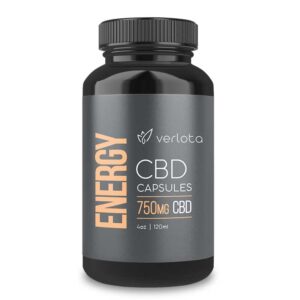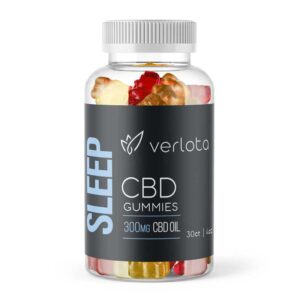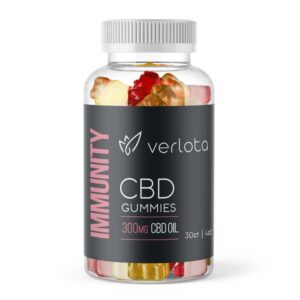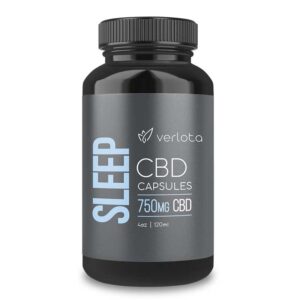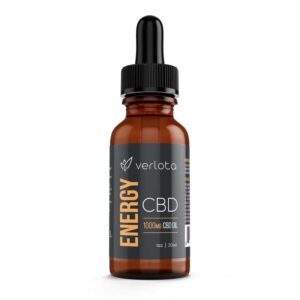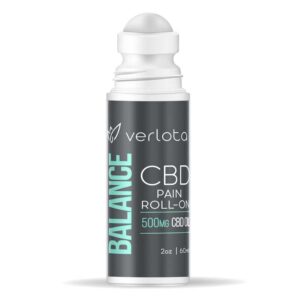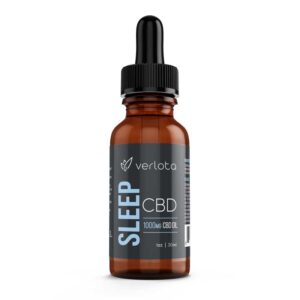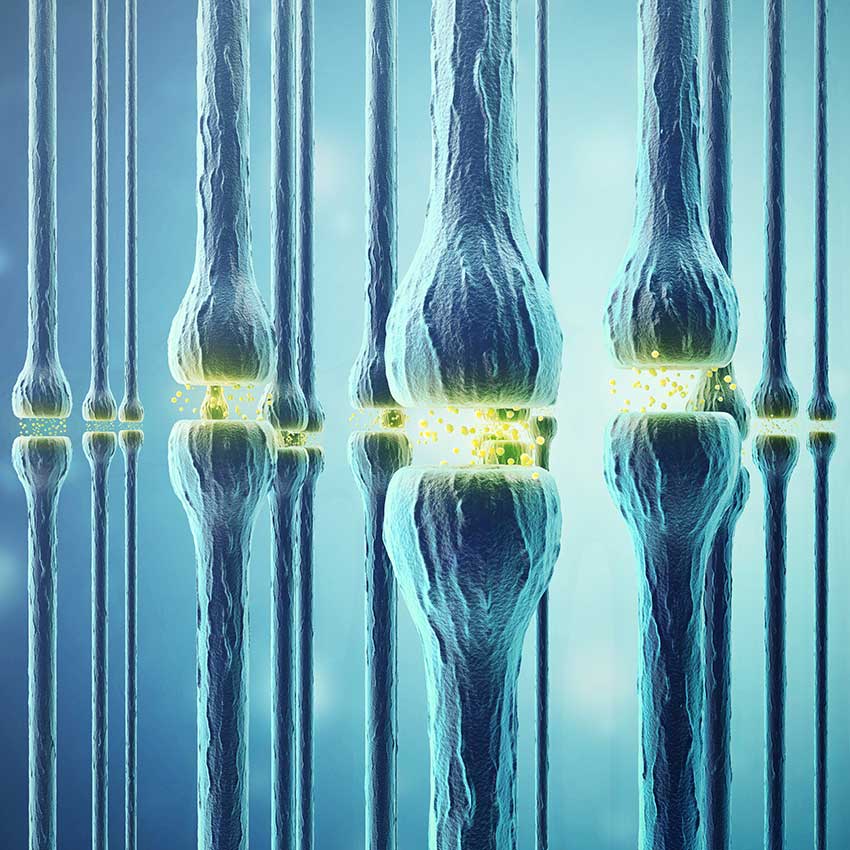
The 1990’s were a breakout year for scientific discovery. The world began to see its first developments with the world wide web – otherwise known as the internet – and medical science managed to map the human genome. Outside of our planet, NASA officially launched the Hubble Telescope, which opened up our eyes to the scale and majesty of the, then, completely unexplored universe. Bringing the discoveries down to a smaller scale, but in no way less significant, scientists discovered the Endocannabinoid system that is not only present in humans, but every mammal on the planet as well. Further research on the ECS has shown that this interlinking is present in other life as well.
Reptiles, amphibians, fish and basically every vertebrate on Earth produce endocannabinoids. This discovery may not have seemed as momentous at the time, but fast forward to today’s climate and we are still discovering how large of a role the Endocannabinoid system (ECS) plays in our complete health. It’s this article’s goal to not only educate you on how integral the endocannabinoid system is to maintaining and elevating our bodily homeostasis – the biological harmony between environment and self.
What is the Endocannabinoid System?
Even though it has been almost 20 years since its initial discovery, the endocannabinoid system is still leaving much to discover on how it works. What we know about the endocannabinoid system, so far, is that it controls almost every aspect of the human body. The range of functions and interactions of the ECS are:
- Pain
- Mood
- Memory
- Appetite
- Sleep
- Stress
- Metabolism
- Immune Functions
- Reproductive Functions
Needless to say, this intricate web of receptors truly does connect every part of the body to one another. This discovery provided further insight into the theory that sound body and mind contribute to our overall mental and body health. The understanding of the endocannabinoid system doesn’t end there, however. Further investigation has shown that the endocannabinoid system, in mammals, can be broken down to two main “receptors”, commonly referred to as the CB1 and CB2 receptors. These receptors run through the entirety of our bodies and are bound to one another so that the endocannabinoid system can be notified when it must be thrust into action.
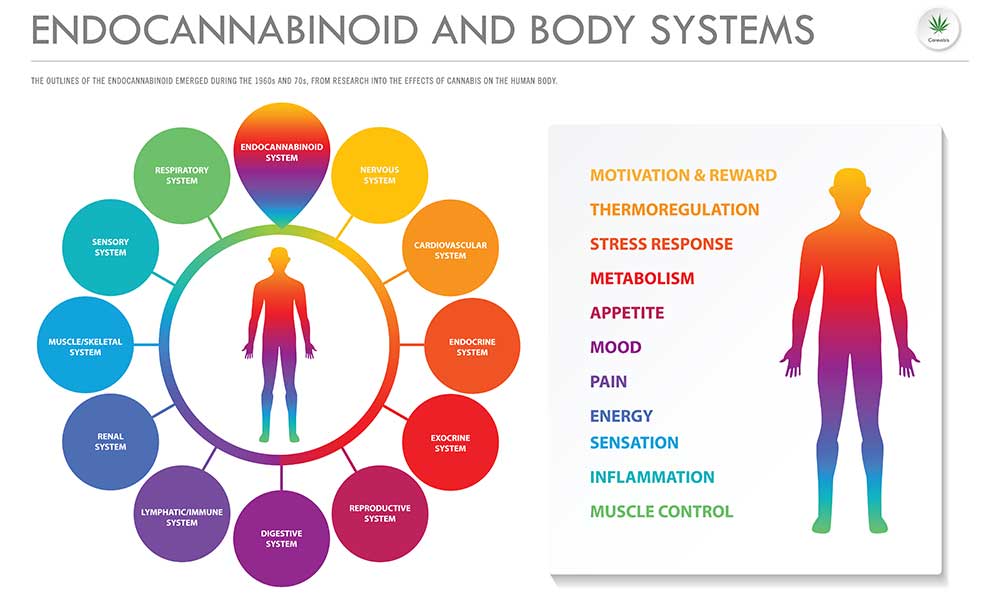
To keep things as simple as possible, without going into much detail or depth about certain enzymes and molecules, we can break down the main functions of these CB1 and CB2 receptors to their most common functions and interactions. The CB1 receptors within our bodies are in charge of controlling and maintaining our central nervous system. This means that the CB1 receptors are in charge of our appetite, immunities, motor functions, pain, memory and ability to think/mental clarity. When you are able to better understand how these receptors work with our natural endocannabinoid system, you can begin to understand why CBD and other hemp or cannabis derived compounds are so beneficial to our states. A system that is so intertwined and connected can become unstable and out of sync quickly, being able to interact with it and introduce a product that can re-balance
With the CB1 receptor being in charge of our central nervous system, that leaves everything else for CB2. This endocannabinoid receptor is in charge of the body’s peripheral system. These receptors are in charge of our tissue, bone health, cardiovascular system (heart), eyes, GI tract & gut health, immune system, kidney function, liver, pancreas, reproductive system, respiratory tract, skeletal muscles, epidermis and can even positively interact with tumors within the body. If you’re thinking that this list is almost unbelievable in the scope that these receptors are responsible for, you would be right. It’s fascinating to better understand this intertwined system that, CBD user or not, is already a natural part of our biological makeup.
When Was the Endocannabinoid System Discovered?
While the endocannabinoid system has likely been a part of our biology since humanity first evolved from primates, and possibly before, it wasn’t until 1992 that science caught up with biology. Endocannabinoids were discovered by Dr. William Devane, and American researcher, and Dr. Lumir Hanus, at the Hebrew University of Jerusalem. The team, among others, have gone on to make more discoveries about the ECS and how lesser endocannabinoids interact with our bodies and can improve our physical and mental health. Although these areas of research have been happening for decades, there is still further research and discovery that must and will continue to be done.
What Are the Functions of Cannabinoids?
Like we mentioned earlier in this article, the main function of the endocannabinoid system – ECS – is to maintain homeostasis within the body by controlling almost all metabolic functions within the body. Whether you are a believer or user of CBD or any other derivative of hemp or cannabis, your body contains these useful enzymes that appear to be best put to use when in cooperation with cannabinoids. The wide net that the ECS casts across our overall health is a source of research that has been conducted for decades and will continue on for many more. Considering the discoveries still being made about endocannabinoids, it’s not unreasonable to think that our understanding of the “how” or “why” behind them may never be fully understood.

How Does THC and CBD Affect the ECS?
Considering that the endocannabinoid system has been a point of research since the late 1980s to early 1990s, it is still not fully understood how CBD and THC interact with it. One popular theory is that when a person introduces CBD into their bodies, it interacts with the endocannabinoid system by preventing those endocannabinoids from deteriorating. This allows them to have a more profound impact on the systems that they already interact with. So, as the theory goes, it’s not as much that CBD is the reason people are noticing improvements in pain, inflammation and neurological health, but rather that it’s allowing the ECS to operate to its fullest potential. While it is a compelling theory – and the most popular one as of right now – it is still not fully understood how the ECS and CBD interact with one another.
When working towards understanding how tetrahydrocannabinol – THC – interacts with the endocannabinoid system, the results are almost identical. THC is the psychoactive property of the cannabis plant that is responsible for the intoxicating effects (being high) of the plant. While CBD and THC are chemically different, they interact with the ECS in a similar way. When cannabis is smoked or ingested, the THC molecules attach to the EC receptors throughout the body. While CBD interacts with these receptors in a positive way, THC actually blocks these receptors from properly communicating with the areas they control. That’s why smoking or ingesting THC cannabis slows motor functions, impairs our ability to drive or critically think and affects judgement.
While this isn’t a dangerous outcome and is completely acceptable in a safe place, it is not the best avenue for one working towards bettering their homeostasis and day-to-day health. Think of CBD as a grape and THC as wine. A grape is a great way to release antioxidants and increase the polyphenols (a micronutrient) inside your body. Wine, however, is delicious, but will impair your ability to function properly in everyday life. Both are safe, legal and acceptable in society, but offer different effects due to the way that they are taken into the body.

Conclusion
The endocannabinoid system is an intricate web of enzymes and receptors that span the entirety of our bodies. It’s a complex system, not unlike our nervous system, that is responsible for maintaining the homeostasis of ourselves. Homeostasis is defined as: “The tendency toward a relatively stable equilibrium between interdependent elements”. The ECS receptors, CB1 & CB2, are an integral part of maintaining this balance. When one is out of sync, the rest can follow suit. For decades, personal health has only become more and more important to individual people. As science and our understanding of our own bodies continues, ways that we can interact and improve those systems continues to grow along with it.
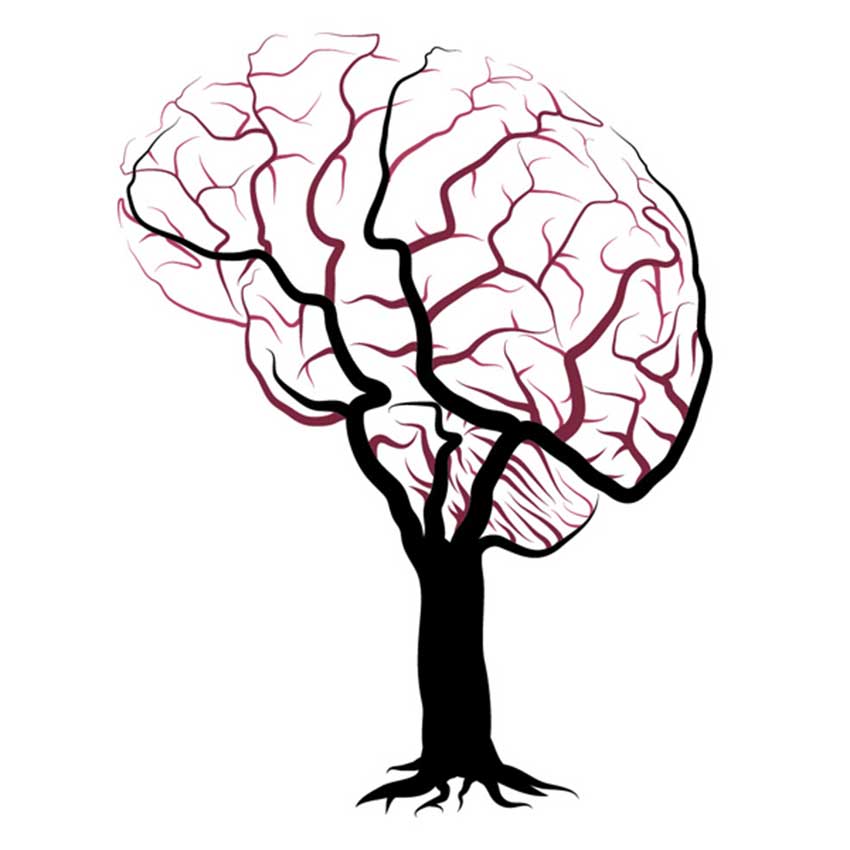
Humanity is in constant search for the “special something” that can increase our longevity, fight disease and ensure that our selves, and our families, can live as long and healthily as possible. The discovery of the endocannabinoid system was an important first step to a new way of thinking that is quickly rising to popularity and understanding around the world. However, much research and understanding is still needed to be done on this topic. While we have many questions still unanswered about the ECS, the few discoveries that we have made have exponentially broadened our understanding of how our bodies work and how – in a biological sense – we may be more connected to the hemp plant that we ever originally thought. Only time, and open minded research, will tell.


